While we hear a great deal about America’s racist past, America also has a long anti-racist history. Slavery and anti-slavery arguments nearly shuttled the Constitutional Convention. By 1804 every Northern state had banned slavery. In 1859 John Brown led a failed raid on the US arsenal at Harper’s Ferry in an attempt to spark a slave revolt. Not two years after his execution, America began a bloody Civil War.
Tensions between Whites and Blacks have always sparked tensions between racist Whites and anti-racist Whites. We could argue about the motives and attitudes of each group— and we do, loudly and continually. But we can’t deny that historically many White Americans have wanted to be seen as tolerant, color-blind, and supportive of non-White Americans.
Many claim America is less racist than it has ever been. Others insist, with equal fervor, that racism is stronger than ever. We chant slogans. We cancel wrongthinkers. We post signs in our yards. Yet despite all our efforts, White Americans remain divided over the Negro question. This war may be ongoing, but the recent battles come after a decades-long lull that culminated in America’s first Black President. So how did we go from the end of racism to the ascent of Orange Julius Caesar?
As I have said on numerous occasions, we are not going to stand for this in Birmingham. And if necessary we will fill the jail full and we don't care whose toes we step on. I am saying now to these meddlers from out of our city the best thing for them to do is stay out if they don't want to get slapped in jail.
Our people of Birmingham are a peaceful people and we never have any trouble here unless some people come into our city looking for trouble. And I’ve never seen anyone yet look for trouble who wasn’t able to find it.
Theophilus Eugene “Bull” Connor, May, 1961
Birmingham was one of the most segregated cities in America, and Birmingham’s leaders were determined to keep it that way. Albert Boutwell, Birmingham’s newly-elected mayor, threatened to “arrest, jail, and punish anyone who disturbs the peace or safety of our citizens.” His defeated opponent, Bull Connor, remained Birmingham’s Commissioner of Public Safety.
During a May 1961 protest by the Freedom Riders, Conner arranged for the police to delay responding for 15 minutes while the Ku Klux Klan beat the Riders with baseball bats and lead pipes. In 1962 Connor responded to a federal order to desegregate Birmingham’s public parks by ordering them permanently closed. And his injunctions against desegregation protests led to King’s arrest on April 12, 1963, and his Letter from Birmingham Jail.
King was finally released on April 20, but many protestors were still in jail and unable to bond out. To replenish their ranks, King, and SCLC board member and strategist Wyatt Tee Walker, encouraged local high school and college students to join in peaceful protests. King and Walker recognized the risks these young protestors faced. But they also knew that a direct attack on children might galvanize the federal government to direct intervention.
For the first two days of the protest, Connor kept the police in order and the students were arrested with limited violence. On May 3, the third day of marching, Connor ordered the cops to take off the gloves. Protestors were beaten with billy clubs, sprayed with fire hoses and attacked by police dogs. And photos and newsreels of the assaults, as King and Walker predicted, outraged the American public.
By May 6 national news reporters were broadcasting from Birmingham. Editorials across the country condemned Birmingham’s police department and Public Safety Commissioner. On May 8, Birmingham business and political leaders agreed to end segregation. When unrest continued John F. Kennedy, over the objections of George Wallace, ordered 3,000 federal troops into Birmingham to restore order.
On 23 May 1963, the Alabama Supreme Court ordered Bull Connor and other city commissioners to vacate their offices. On August 28 King led a march on Washington, where he delivered his famous “I Have a Dream” speech. On September Birmingham’s schools were integrated. Alabama Governor George Wallace called out the Alabama National Guard to prevent integration, but Kennedy ordered them to stand down.
Then, on September 15, 1963, a dynamite bomb blew up in the back stairwell of the 16th Street Baptist Church. In the explosion four girls were killed and over 20 people wounded. The church had been the headquarters for the SCLC’s Birmingham operation and the FBI soon identified the responsible Klansmen. But Robert Chambliss would not be convicted until 1977, while Thomas Blanton and Bobby Cherry remained free men until their 2000 arrests.
While justice may have been delayed, the public’s disgust for the Birmingham bombing was immediate and ongoing. Even generally apathetic White folks were horrified by child murders. After JFK’s assassination his brother, Robert Kennedy, worked to pass the Civil Rights Act. In 1964, after a lengthy filibuster from Southern senators, Congress approved it and Lyndon B. Johnson signed it into law.
Archie Bunker: I'm not prejudiced, any man deserves my respect and he's gonna get it irregardless of his color.
Mike Stivic: Then what are you calling them names like black beauties for?
Archie Bunker: Now that's where I got you, mister liberal, because there's a black guy who works down at the building with me, he's got a bumper sticker on his car that says 'Black is Beautiful', huh, so what's the matter with black beauties?
Edith Bunker: It's nicer than when he called them coons.
All in the Family, “Meet the Bunkers” (January 12, 1971)
Seven years after the Civil Rights Act, America faced an impending defeat in Vietnam. The Nixon administration was trying unsuccessfully to stop a growing inflation crisis. The “Generation Gap” between WWII vets and Boomers grew ever larger each day. And a divided America found itself reflected in a squabbling household in Queens.
Archie clearly loved his wife Edith and his son-in-law Mike, frequent “dingbat” and “meathead” comments notwithstanding. He ultimately befriended his Black next door neighbors, the Jeffersons. Like his endless malapropisms, Archie’s bigotry was motivated by ignorance rather than hate. Many viewers watched Archie Bunker and saw their beloved if sometimes embarrassing grandpa. Archie had trouble keeping up with the future, but the future was sweeping him along nonetheless.
In 1983 Archie left the airwaves after spinoff Archie Bunker’s Place was cancelled. A year later, in 1984, The Cosby Show introduced America to the Huxtable family. Cosby rose to fame on I Spy (1966-68) as Alexander “Scotty” Scott, a Rhodes scholar and spy traveling undercover with Kelly Robinson (Robert Culp) as tennis bums. He turned his Philadelphia childhood into the wildly popular Fat Albert Show. He built a booming career as a stand-up comic. But with The Cosby Show, he rose from Pudding Pops pitchman to America’s Dad.
I Spy dealt with racial issues by ignoring them. Cosby took a similar tack on his new show. Blackness played an important role, but it was never treated like the disease of the week. The Huxtables listened to jazz and decorated their rooms with Martin Luther King posters. Instead of a junkyard owner or dry cleaner, we had a Black obstetrician married to a Black lawyer. Instead of drugs and crime the Huxtables worried about report cards and parenting challenges. The Cosby Show gave us the Black experience with neither contempt nor condescension. For many White Americans still living under de facto segregation, the Huxtables were their first exposure to images of prosperous, educated African-Americans.
In 1988 O’Connor joined the Sparta police department in a TV adaptation of the 1967 film In the Heat of the Night. Bill Gillespie, a role inspired in large part by Bull Connor, was a big jump from the lovably bigoted Archie Bunker. But while Bull Connor never repented of his racist ways, O’Connor’s Gillespie, like Archie, grew with stumbling steps from a lonely racist to a decent man who finally found love with a Black councilwoman (Denise Nichols).
Bill Cosby and Carroll O’Connor squared off against each other in 1966 on I Spy, when Kulp was brainwashed by Zoltan Karolyi (O’Connor), an evil Soviet psychiatrist. In the Heat of the Night lasted for eight seasons, but once again Cosby triumphed over O’Connor. Archie Bunker and Rudy Huxtable were cultural icons. Sheriff Bill Gillespie reflected his times but did not change them. In 1971 All in the Family could feed off the racial tensions plaguing New York. By the 1990s, those tensions were yesterday’s news even in Sparta, Mississippi.
I want to hate these muggers and murderers. They should be forced to suffer and, when they kill, they should be executed for their crimes. They must serve as examples so that others will think long and hard before committing a crime or an act of violence.
Newspaper ad by Donald Trump, May 1, 1989
On the evening of April 19, 1989 a 28-year-old investment banker was brutally beaten and raped in New York’s Central Park. Five 14 to 16-year-olds were arrested and charged with the attack. New Yorkers were outraged, and few were more outraged than Donald Trump. On May 1, Trump ran a full-page ad in the New York Times, Post, Daily News, and Newsday. The next year the “Central Park Five” were convicted of rape. In 2002 Matias Reyes, an incarcerated serial rapist and murderer, confessed to the Central Park rape. DNA testing showed Reyes was the sole rapist. After serving between five and 13 years in prison, the Central Park Five’s convictions were vacated.
Questions about Barack Obama’s citizenship first arose during the 2008 Democratic primary. But not until he was considering a 2012 Presidential run did Donald Trump jump on the “birther” train. On numerous television appearances and Tweets Trump suggested Obama was not a natural-born citizen and hence not a legitimate President. In a September 6, 2014 Tweet Trump requested:
Attention all hackers: You are hacking everything else so please hack Obama's college records (destroyed?) and check "place of birth".
With the 2008 election of our first Black President, most left-leaning White Americans believed we had finally achieved our post-racial dream. 2015 brought us gay marriage. They took for granted that 2016 would give us our first female President. Certainly nobody was going to reject her for a reality TV star and vulgar bigot like Donald Trump. Alas, they were wrong. And so a nation that had decided racism was finally dead decided that in fact racism – not to mention sexism, homophobia, xenophobia, misogyny, and many other bad things – was worse than ever.
Trump certainly has a history of boorish and inflammatory statements. He definitely used anti-immigrant and anti-DEI sentiment to win two elections. It’s hard to take the “birther” controversy seriously, especially now that many who thought Barack Obama was a Kenyan Muslim Communist now insist Michelle Obama has a penis. But are we lamenting the rebirth of racism, or the death of our delusions?
Plymouth Rock marks the place where a boatload of Puritan radicals made a new start in a land where they could practice their faith without fear of persecution. The frontier promised a new life to those bold enough to stake their claims and build new settlements. Ellis Island was a gateway to Streets Paved With Gold for those fleeing war and persecution. American culture has always had a powerful Utopian streak. We’re a Manifest Destiny, a Shining City on the Hill, a Nation Under God.
But we’re also a nation obsessed with the End Times. Our first Great Revival started in 1741 when Jonathan Edwards declared us Sinners in the Hands of an Angry God. We still expect the Antichrist to come Any Day Now, and look forward to a day when the Earth shall be cleansed. Generations grew up expecting global thermonuclear war. But when the Soviet Union fell, 250 years after Edwards promised us fire and brimstone, we had no idea what to do next.
Race relations improved dramatically after the Civil Rights Act. It was easy to believe that the arc of history really did bend toward justice. As nuclear fears became as dated as leisure suits, we started to think that we were at the end of history. But when our dreams of a new post-racial Utopia failed to materialize, we fell back on our dreams of Apocalypse. To a generation raised without fallout shelters, ICBMs were no more threatening than trench warfare. Trump’s victory was something immediate and personal.
To the White children of the Obama era, the victory of a boorish spray-tanned race-baiter evoked the rise of a certain failed Austrian painter. The Holocaust has become our benchmark for ultimate human evil. We’ve been warned in movies and books that we’re only one charismatic dictator away from our own gas chambers. In a post-Christian society we have found a surrogate Antichrist and he is Literally Hitler. Some have worked themselves into paroxysms of terror at his imminent arrival. Others have put on his mantle in the hopes they might gain his power. Our New World Order has died and we find ourselves facing the same old problems that have always plagued us.
American racism today is far more subtle than it was in Bull Connor’s era. In 1960s Birmingham, few had time to worry about microaggressions or appropriately colored bandages. Our Anglo-inspired One Drop vision of Whiteness and Blackness is moving toward a broader Latin-inflected vision of distinct but intermingled groups who live together in a sometimes uneasy but more often peaceful coexistence. Americans are people united by geography and divided by history. There is no more frontier to tame and there are no more continents to discover. We cannot escape where we are or what we are. But we still have a say in what we will become.

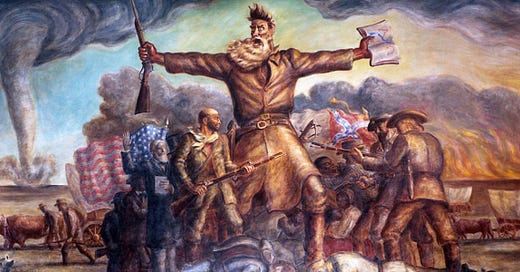



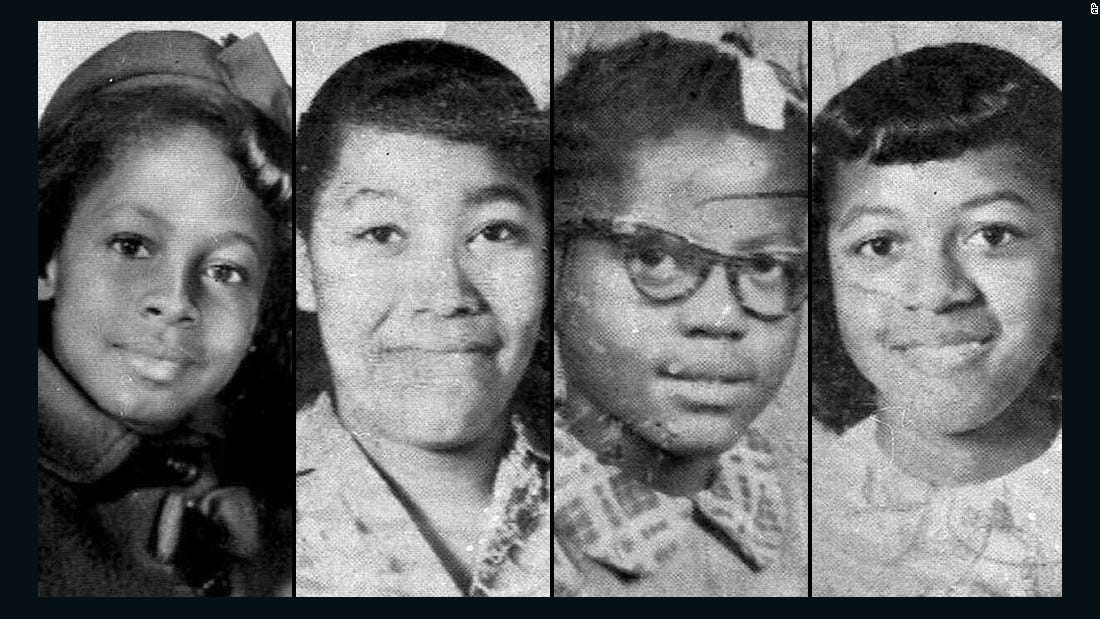
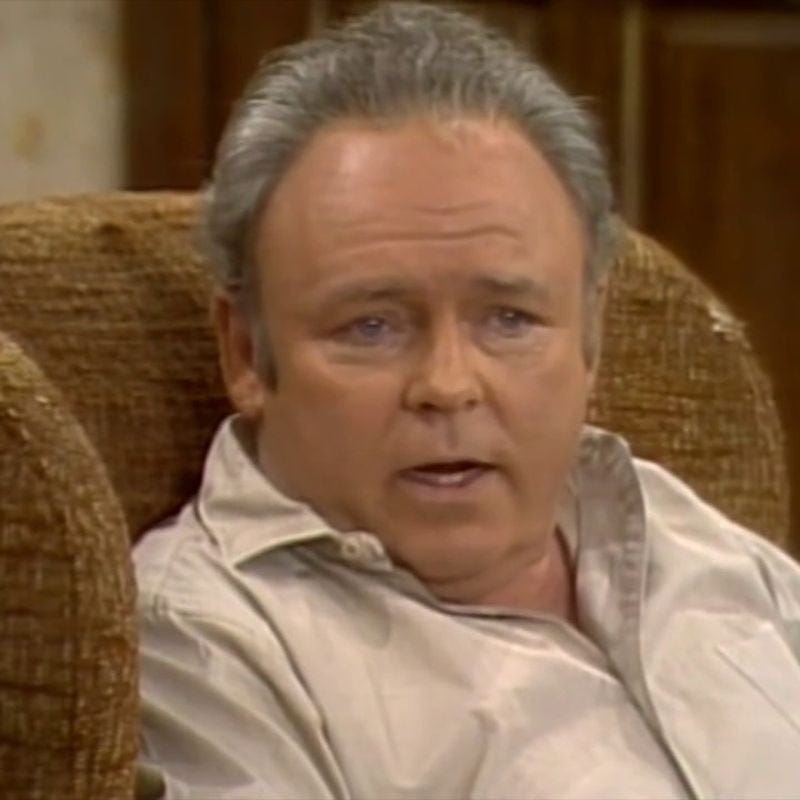
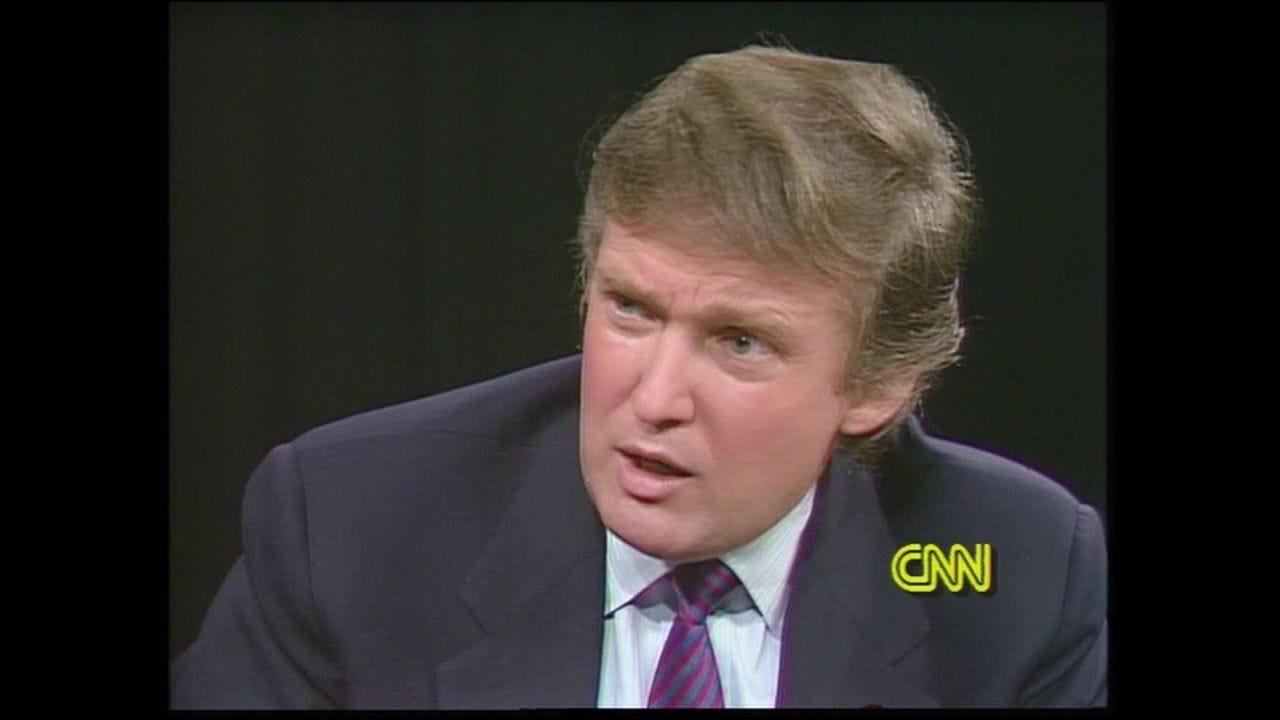
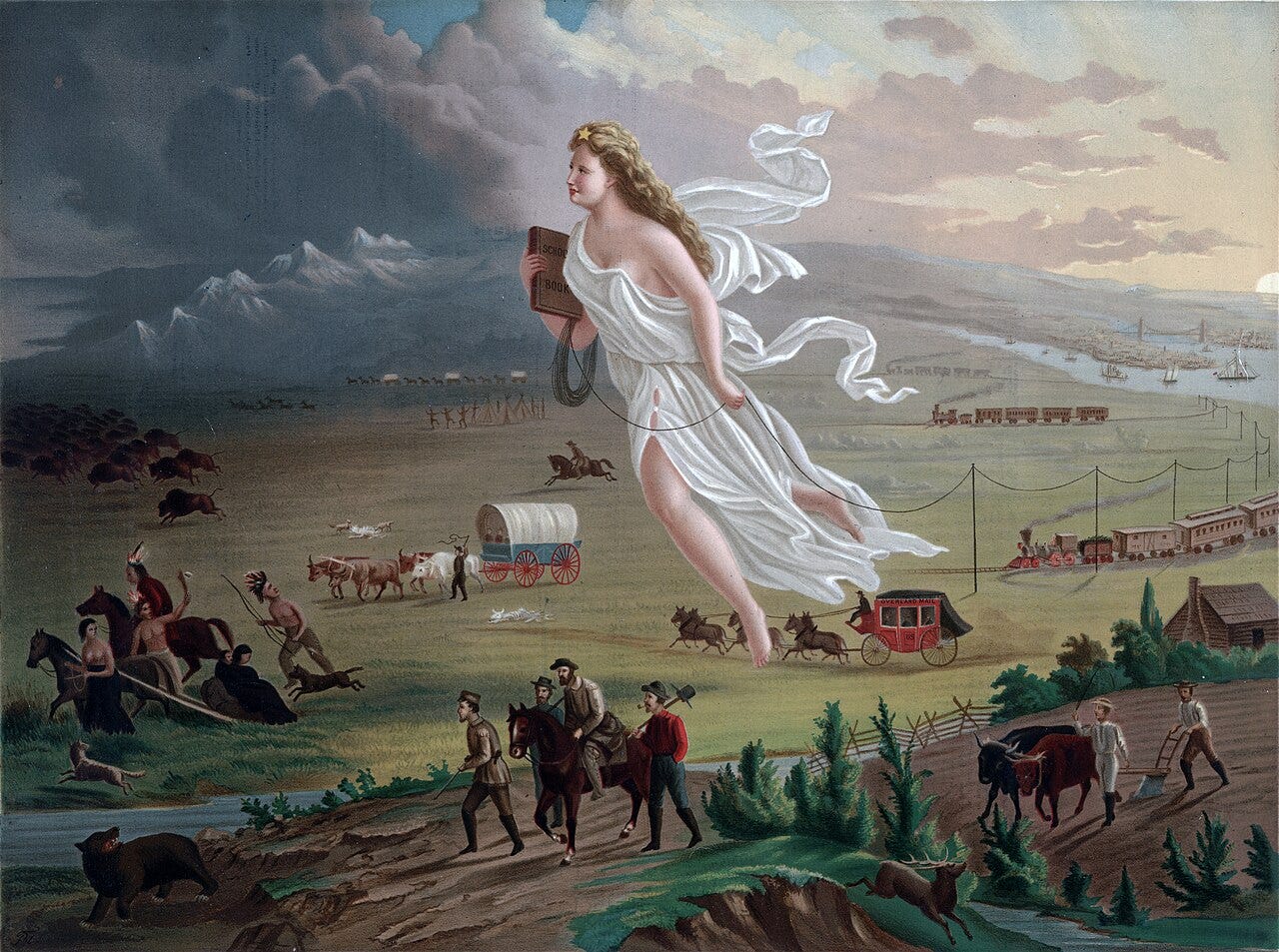
I've seen quite a bit of racism first hand, but it doesn't match the media narrative. 95% of the racism I've seen in America was anti-white. Followed by 3% anti-Latino and 1% anti-Asian.
If I run a man down on the street, he may sue me or I may go to jail, but if he wants to walk again, he has to do the work himself. It’s not fair or right, it just is. Because we’ve reached the place where racism is “subtle” the rest of the way may simply need more work from those who are most affected. I can think of two issues that continue to plague Americans. The first is that we haven’t had a fair playing field for any working class Americans for forty years. Trump. in fact, says he wants to do something about this. He’d be glad to see more prosperous black Americans. Who wouldn’t? Crime as well needs a serious discussion, for the sake of working class neighborhoods. Everyone deserves safety on the streets. Using that as the goal, maybe we could work backward toward it again?